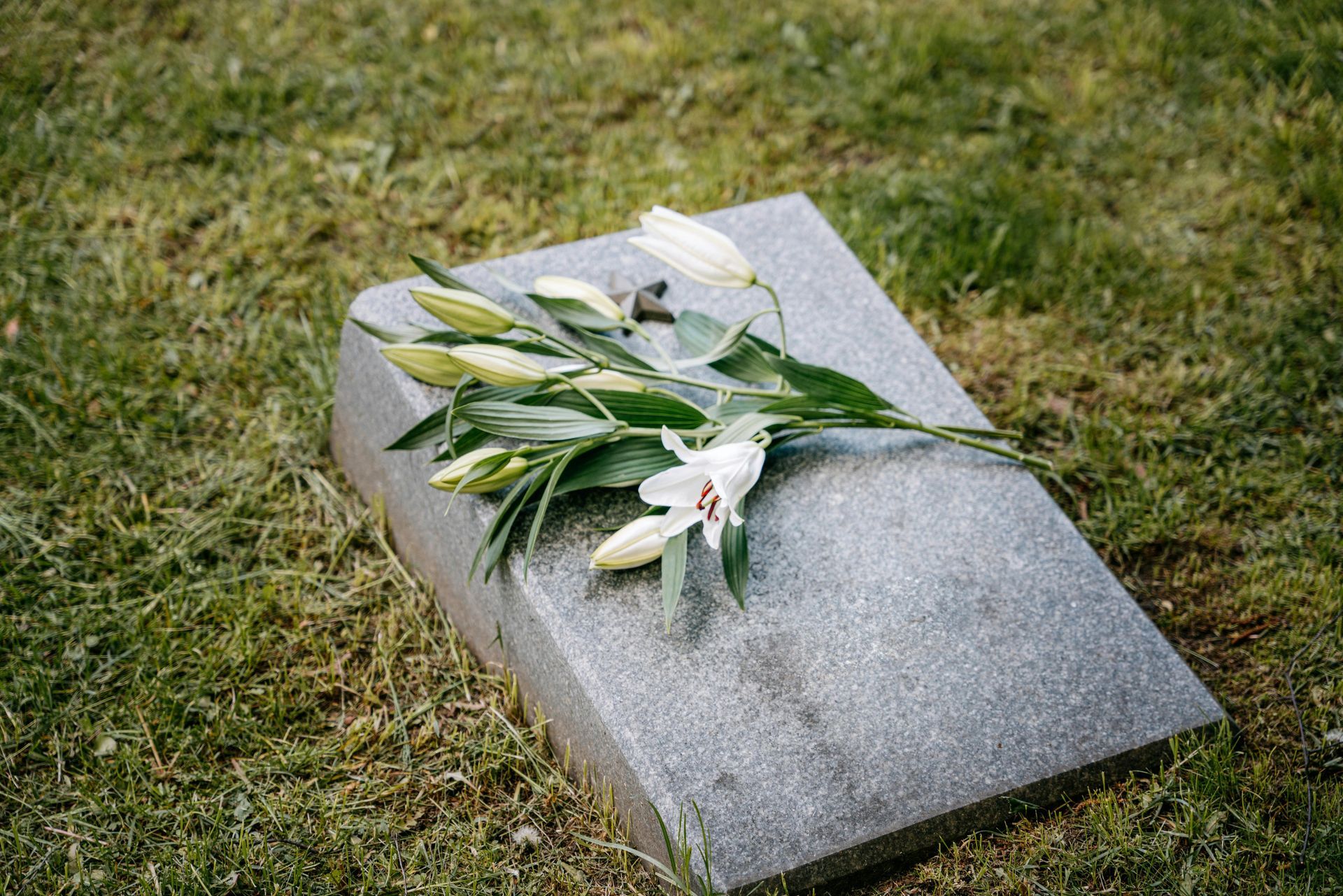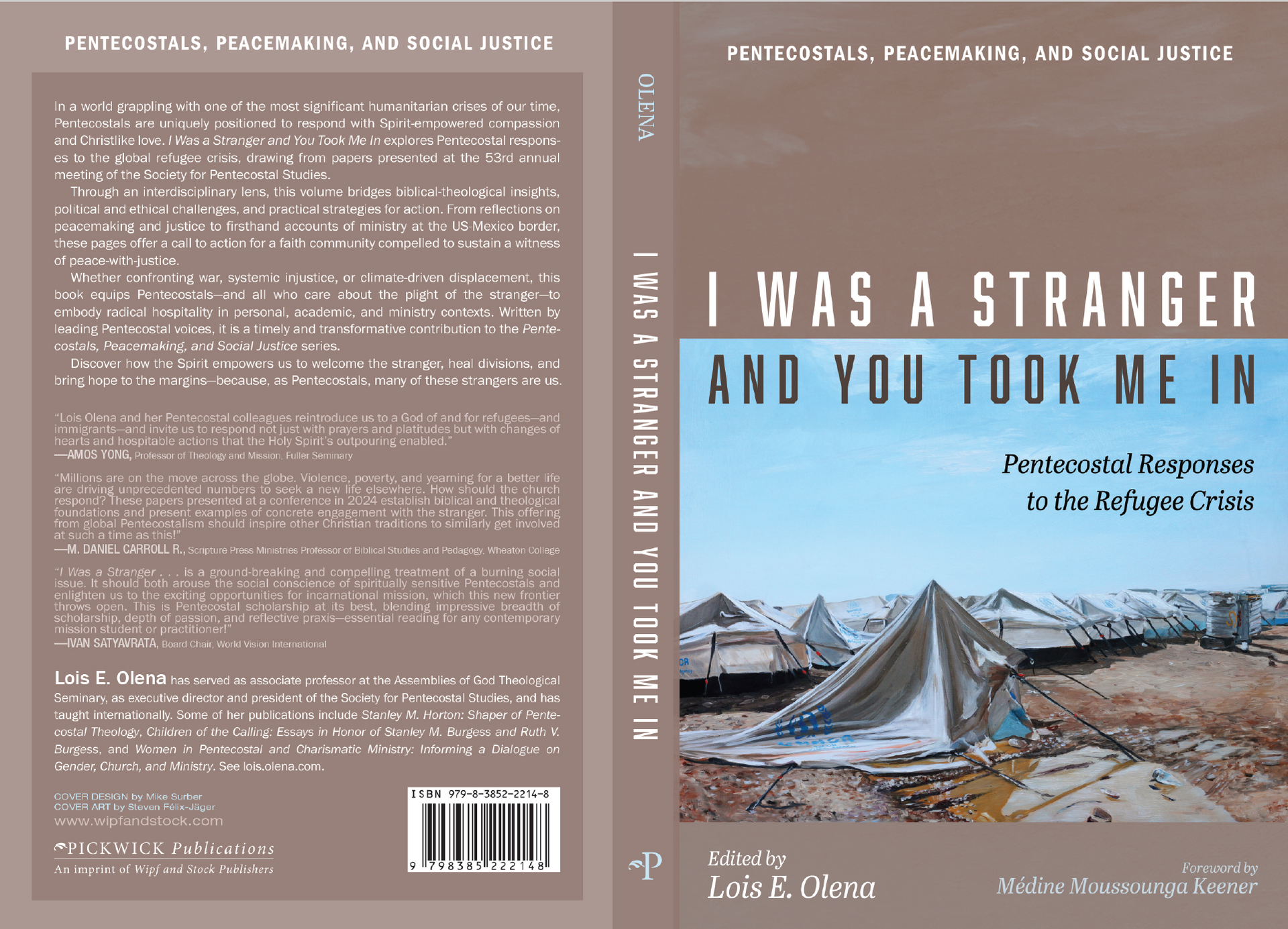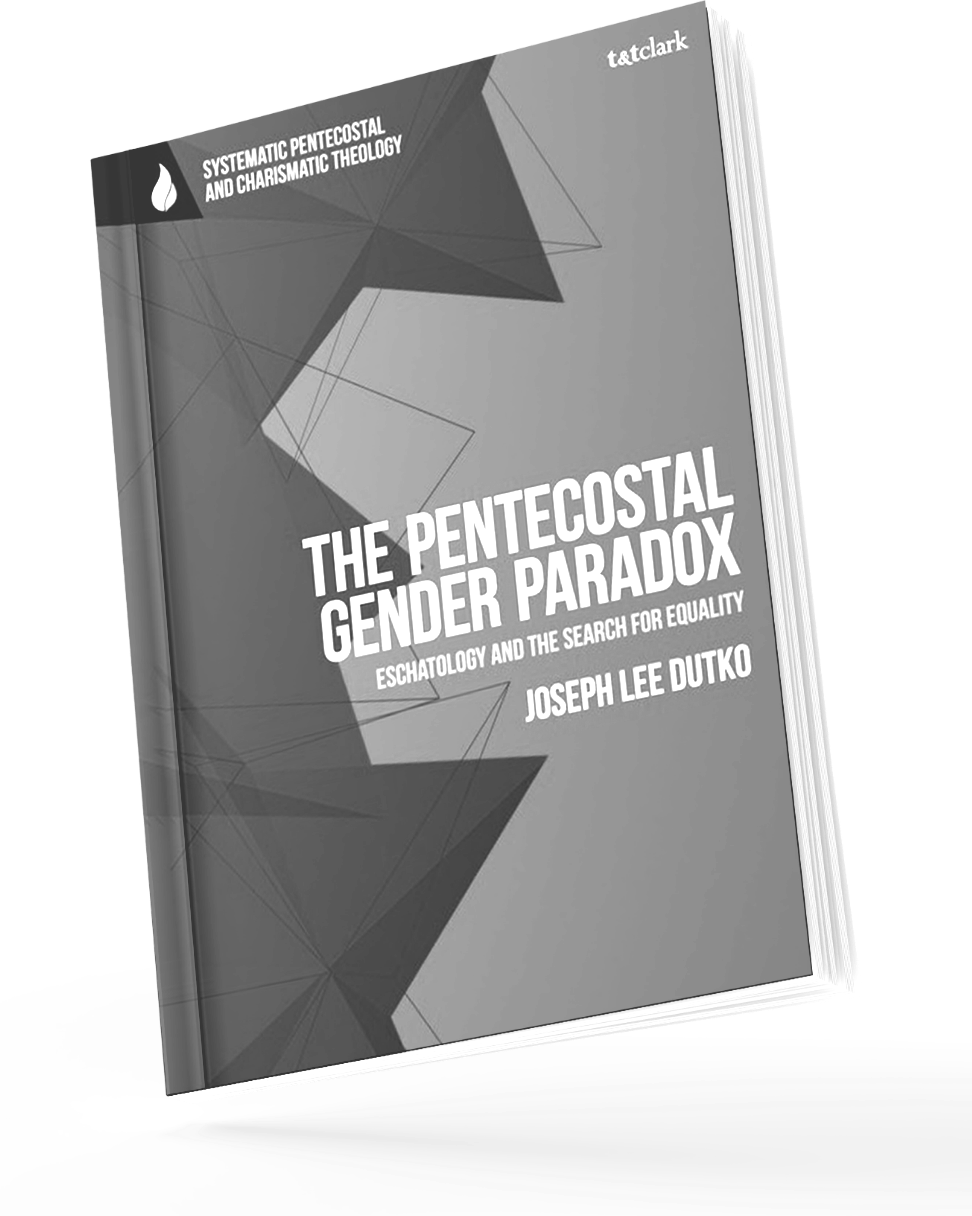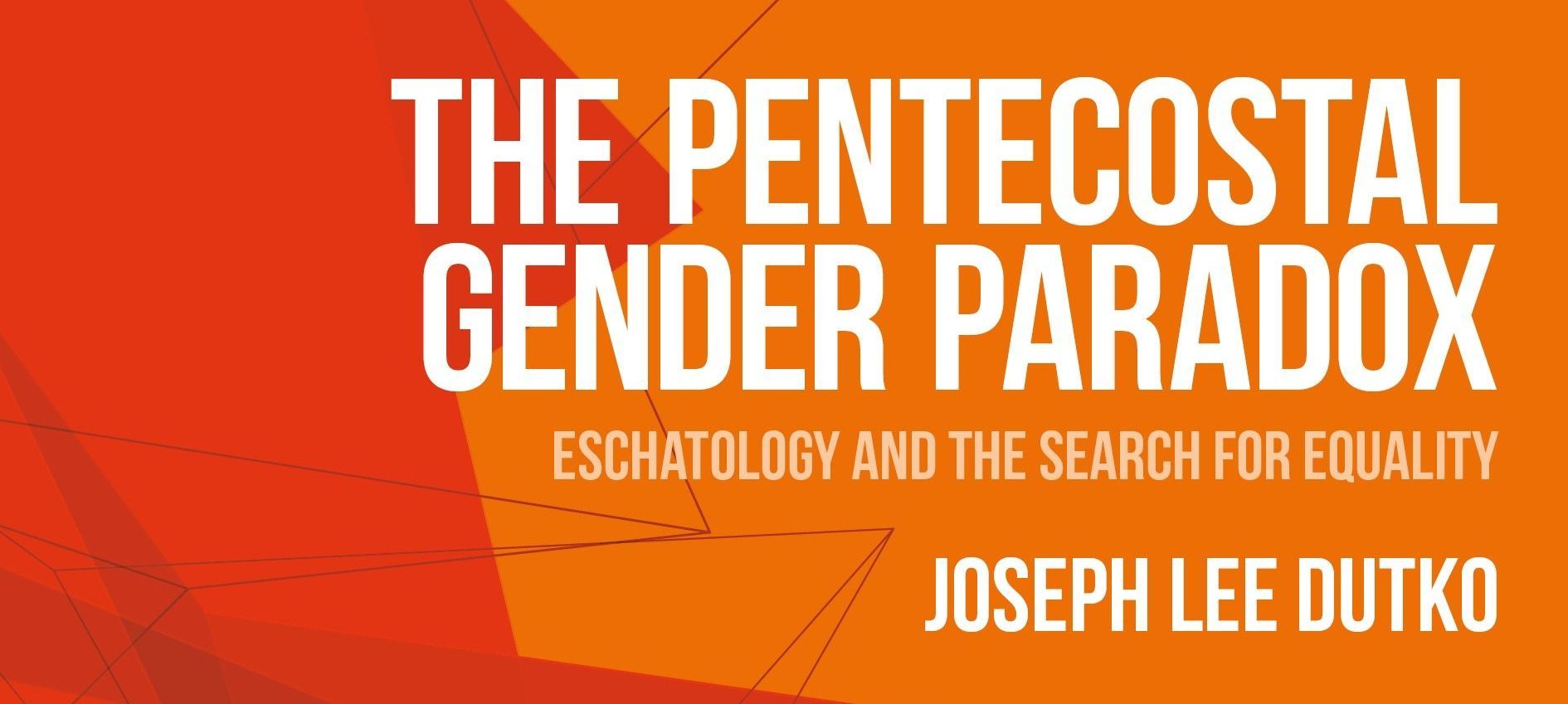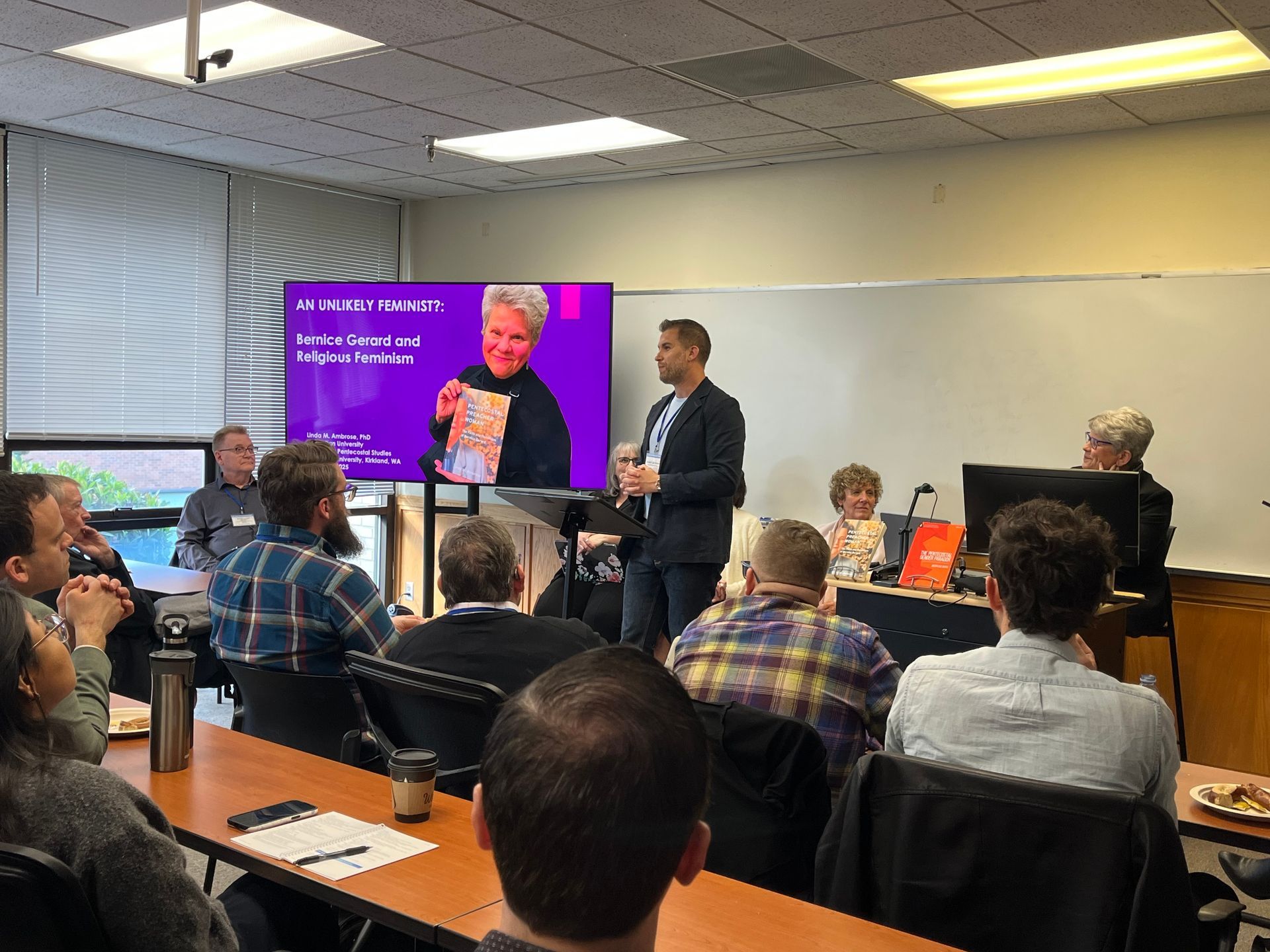The PAOC’s New (“Refreshed”) Statement of Essential Truths: Two Thoughts
After a lengthy seven-year process, the Pentecostal Assemblies of Canada (PAOC) recently approved and released its “refreshed” Statement of Essential Truths (SOET).
The story dates all the way back to 2009 when Superintendent David Wells asked District Superintendents and Bible College Presidents and Deans to identify the main theological/doctrinal issues facing the PAOC. Out of that meeting the Theological Study Commission was born, which would eventually lead to official committees working on refreshing different sections of the then-called Statement of Fundamental and Essential Truths (SOFET). I was a part of some of those original discussions and committees in 2010 and then slowly dropped off (or did they drop me?!) as I busied myself with my doctoral thesis.
The document is significant as it’s only the third major version of the statement (the others in 1928 and 1980). It has been met with mostly rave reviews, and I know from talking with many of my American friends in our sister Assemblies of God fellowship that they are quite jealous of our refreshed statement and would like to see a similar “refresh” in the U.S. It is a much more hospitable document able to accommodate a wider range of views without compromising the “essential” truths.
In short, I love it and am extremely grateful for the work so many put into it. The committee also released a wonderful and free e-book commentary on the refreshed statements. From a pastoral perspective I feel way more comfortable sharing the new SOET with prospective church members than the previous version, especially those coming from other traditions.
The statement is noticeably and wisely concise, avoiding too much detail or unnecessary wading into muddied or controversial theological waters. A statement on the “essentials” can’t possibly include or even allude to every important issue. That said, what fun would it be if we didn’t offer some brief thoughts or critique? I have many (as most theologians probably would), but want to focus on just two:
(note: I did humbly submit these comments to the committee for formal consideration, both in writing and at times verbally at some of the various meetings about the SOET over the years)
1) On Spirit Baptism
The statement rightly mentions “This experience is available for everyone, male and female, of every age, status, and ethnicity.” One of the drafts along the way alternatively said “regardless of gender, class, ethnicity.” I would have added the word "ability" as well.
The message of Pentecost and Spirit Baptism is equal participation, and there are documented cases of deaf people speaking in tongues and (more common) of "manual glossolalia." As a movement that I believe cares deeply about including people with disabilities, I think this is an important message to consider so that we don't imply exclusion to those with a speech disability in any way. Some may argue the word “status” covers this, but the Scripture references in the Statement don’t support that angle. I think adding one word would have gone a long way.
2. On Restoration (Eschatology)
In my opinion this is by far the most improved section and most important changes made to the Statement. It avoids potentially polemical, confusing, or even unbiblical vocabulary on the “end times” and also intentionally dances around committing to any eschatological system or pre-determined timetables. It also thankfully avoids any kind of dispensational thinking (present in the previous SOFET), which I and others have argued is completely detrimental and antithetical to Pentecostal thinking.
However, it still almost exclusively treats eschatology as only referring to future events, with no bearing on how to live responsibly in the present. To me, this seems contrary to how extensively the NT treats eschatology as a practical doctrine that changes the way we live.
I think it would be helpful to have even just a brief phrase or clause somewhere articulating that our eschatology makes a difference for how we live in the present (without prescriptions for behaviour, which I know the SOET purposely avoids). This would keep it from the (misleading) accusation that our eschatology is only an other-worldly belief that makes no claim on present practice. Just one brief phrase would open the door for people to think about the ethical and pastoral implications of our eschatology (without having to outline them in the statement).
The section begins with "Our great hope" and almost every major theological work on hope in the last half-century gives major emphasis to how our eschatological hope transforms the present (just two of many examples are Moltmann's foundational works
Theology of Hope
and
The Coming of God). For me, based on the current state of scholarship on eschatology—including from Pentecostals—I feel this was a major missed opportunity.
But all in all, the refreshed SOET is a job well done!
NEWSLETTER SIGNUP (blog post layout)
ABOUT JOSEPH
Pastor, Author, and sometimes pretends to be a Scholar
Joseph (PhD, University of Birmingham) is the author of The Pentecostal Gender Paradox: Eschatology and the Search for Equality.
Since 2015, he and his wife have together pastored Oceanside Community Church on Vancouver Island, where they live with their four children.


